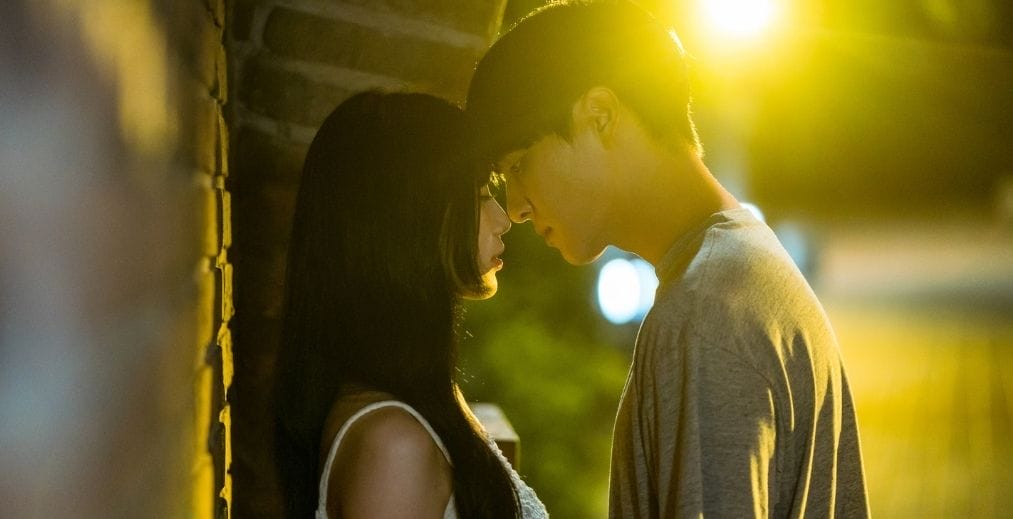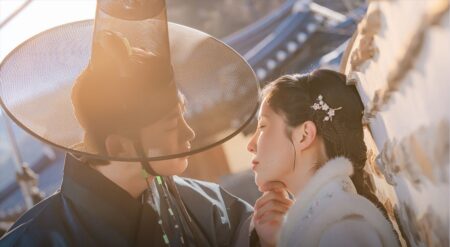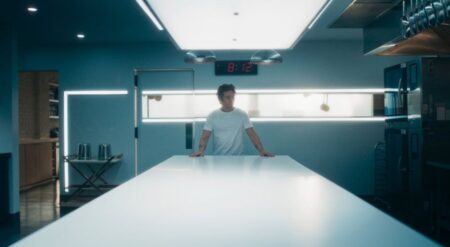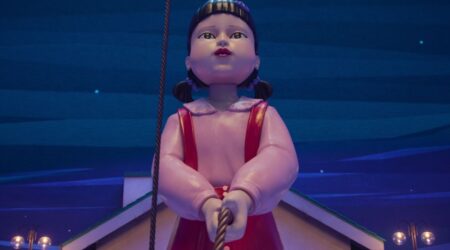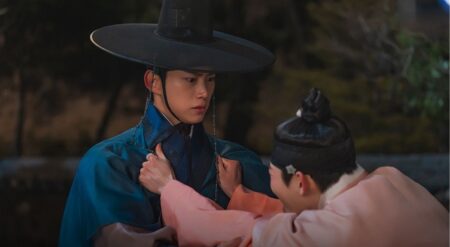Doona (Lee Doona!) is the latest Naver webtoon adaptation for Netflix Korea and Studio Dragon. Directed by Lee Jung-hyo and based on the popular webtoon of the same name by Min Song-Ah, the series is nine episodes and follows a coming-of-age romance where two twenty-somethings discover more about themselves than they thought possible. A Korean drama (K-drama) with romance as its focus, the series centers on its titular character Lee Doo-na (Bae Suzy), or Doona, as she went by on stage.
In the series, the main character is the beautiful ex-celebrity Doona, a former idol who broke her contract with the group Dream Sweet after she collapsed on stage. Doona is trying to wake up in the morning after suffering a mental breakdown from the stress of performing, her mother, and a one-sided crush that her manager exploited. Drowning in depression and hating herself, Doona is in pain, but no one sees or cares. She is just the girl downstairs who leads a mysterious life. She lives in a sharehouse out of convenience, but she’s not saving herself. She’s falling deeper into self-hatred. Enter Won-joon (Yang Se-Jong).
When Won-joon moves to Seoul from the countryside for his first day of college in order to be closer to school, the sharehouse introduces him to new people and ideas about living he had never seen before. His new apartment is a room shared in a large house filled with eccentric people. Lee Doona is central to this. She pushes him out of his comfort zone and out of his past crush on another friend, and they both learn and grow together.

Doona! as a series is extremely messy but in the chaotic melodrama way that you expect. Sure, there are moments of melodrama, but that’s not what drives the story. Instead, the complicated and messy histories and futures of each character make the series’ romance and narrative worth it. Lee Doona has been broken by being an idol. Her self-esteem is in the toilet. She wants attention and has no idea why.
She chain-smokes, she doesn’t take care of herself, and the audience has to question whether or not she’s just okay with wasting away. For Won-joon’s part, his naivete and innocence are a hindrance. His views on morality and how people should respond in situations lack nuance, and his shy nature runs directly against who Doona is as a person.
Where their lives intersect is where magic happens. They both soften their harsh responses to each other. They learn from each other. They become something new with their friends around them in the sharehouse helping them. It’s this latter part that, at times, can be slightly grating. One of the hallmarks of a webtoon is the development of a secondary couple and leads. As such, some characters are resigned to only being there for romantic development instead of character development. This goes double for the love triangles in the series. While Won-joon can develop as a person when he realizes that he can let go of his childhood crush, Lee Doona’s identity is very wrapped up in her past manager, and he intervenes in forced ways that don’t always land.
While it is becoming more frequent for a female lead in K-dramas to have harsher edges, like in Love To Hate You, they are often self-assured in their choices to push boundaries. But in Doona!, the series titular character is anything but confident in her choices. Instead, she’s vulnerable and masks her anxiety and fear with an apathetic attitude. The audience sees her navigate her complicated emotions after being beaten down by the Korean idol industries. In many ways, her relationship with Won-joon is about finding out who she is and whether she wants to be with him.
Lee Doona’s journey in the series allows her to falter, make mistakes, and still chase her dreams, whether that’s in love with Won-joon or on a reclaimed stage. The tender way that the series allows its lead to flourish and find herself is exciting and heartfelt. Bae Suzy’s past as an idol puts a unique filter on the series that makes its commentary on the idol-making machine snap into focus.

For Won-joon’s part, Yang is allowed to be vulnerable, show tears, be jealous, and try to be someone that Lee Doona wants in her life. Confused at first, Won-joon is scared and put off by Doona’s eccentricities and instability. He begins to see her as someone to love. Butterflies, he says.
The message of Doona! is that you can’t save other people. You can love them deeply. You can care about them, and you can try to pull them from their self-hatred, but in the end, until they learn to survive on their own, the instability of their fear will crack any foundation. While the series runs traditionally in its trope and developments throughout the first eight episodes, its finale packs a punch. A love story can be a love story, even if it’s about individuals learning to want each other instead of needing each other, which is a powerful distinction to make.
Sometimes, a happy ending doesn’t look like you would expect. Sometimes, a happy ending is just thriving on your own and protecting your love for someone in your heart like a scrapbook. Doona! understands this intimately, and Lee Doona is a heroine who finally saves herself.
Doona! is streaming now exclusively on Netflix.
Doona!
-
Rating - 8.5/108.5/10
TL;DR
Sometimes, a happy ending doesn’t look like you would expect. Sometimes, a happy ending is just thriving on your own and protecting your love for someone in your heart like a scrapbook. Doona! understands this intimately, and Lee Doona is a heroine who finally saves herself.

